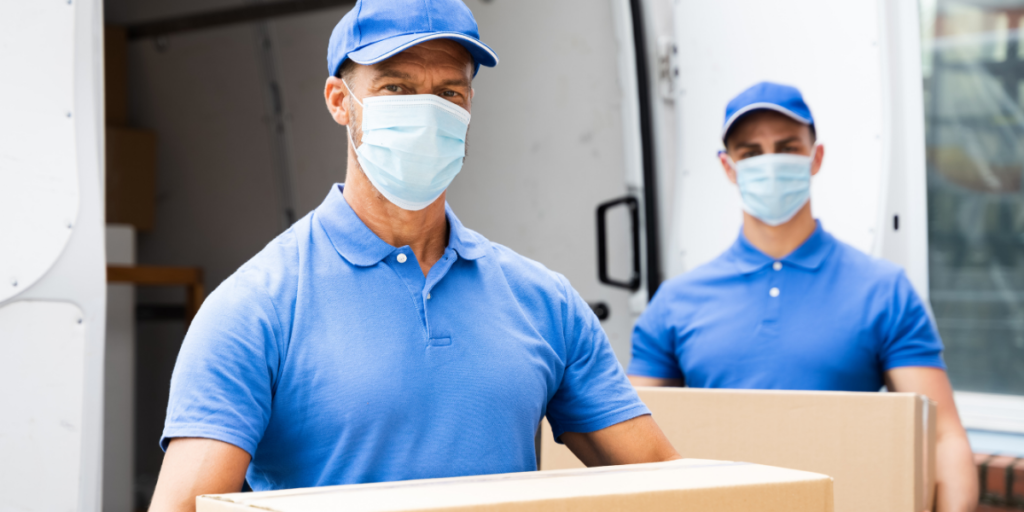
Before you hire a professional moving company and put your boxes and furniture pieces on their moving truck, you want to do some research on moving insurance. Whether you’re moving locally or out of state, getting the right insurance coverage for your move will ease your stress levels and protect your belongings.
Homeowners and renters insurance will not pay for any damage done to your personal property while being handled by moving professionals. This applies to packing or physically moving your items. Professional moving companies provide some kind of protection for your belongings, but it depends on your agreement.
Understand your protections
The type of “liability coverage” moving companies offer for damage or breakage is not actual insurance nor governed by state insurance laws. However, under federal law, all interstate moving companies must offer two different liability options: (1) Full value protection and (2) released value protection. Intra-state movers usually provide both of these options, as well.
Make sure you ask your moving coordinator to provide you with the specific policy terms in writing. You want to understand the various types and levels of protection available and the charges for each option.
(1) Full value protection
This plan holds the moving company liable for the replacement value of the belongings while handling your personal property. Suppose any of your items are lost, destroyed, or damaged. In that case, the moving company will have to repair or replace the item(s), or make a cash settlement for the cost of the repair or the current market value. The cost for full-value protection liability coverage varies. Most likely, you can choose between different deductibles, which will reduce or increase the price.
(2) Released value protection
This plan is offered at no additional charge beyond the moving fee and provides only minimal protection of your belongings. Let’s assume the released value protection is at 60 cents per pound per item. If your mover loses or damages a 10-pound furniture piece valued at $1,000, you would only receive $6.00 in compensation (60 cents x 10 pounds).
(2.1) Separate liability coverage
Your moving company may offer to expand your released value protection for an additional fee. Suppose you choose to purchase this extra coverage. In that case, the same condition as described above still applies in terms of the moving company’s responsibility. But the rest of the loss can now be recovered by the additional policy you have purchased through an insurance company. Your mover is required to issue and provide you with a written record of the policy at the time of purchase.
VMoving provides fast transit of goods for our clients
When you hire a moving company, you want a team of movers that know how to do the job and have been doing the job for many years. They need to be experienced and quick on their feet to relocate boxes and furniture to the truck with care and due diligence. Our Moving Companies have only the best staff working for us, and we like to make sure they continue to get training to provide you with a better and better service each time.



